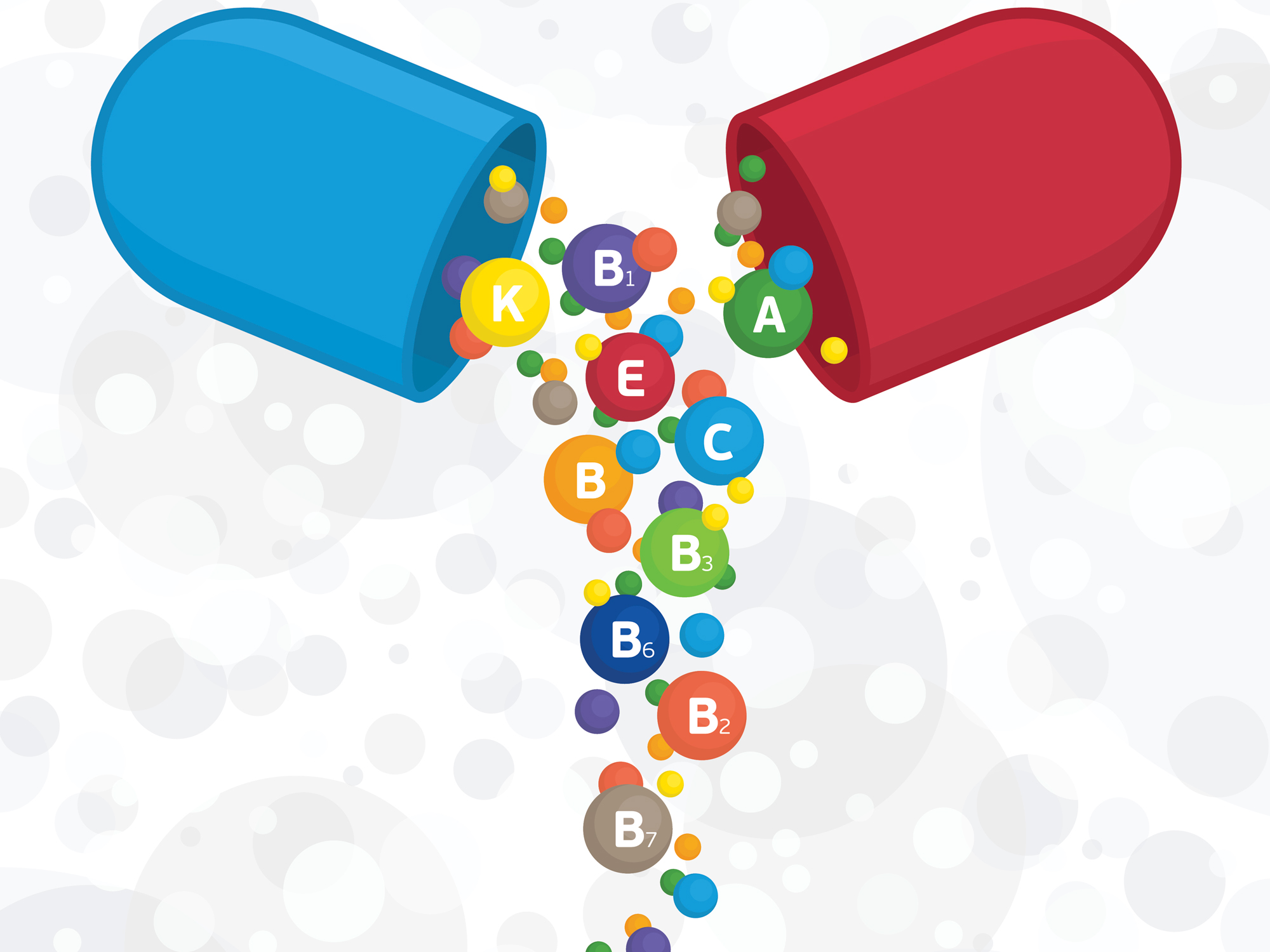Get Easy Health Digest™ in your inbox and don’t miss a thing when you subscribe today. Plus, get the free bonus report, Mother Nature’s Tips, Tricks and Remedies for Cholesterol, Blood Pressure & Blood Sugar as my way of saying welcome to the community!
The vitamin deficiency that leaves you without a backup

The cells of your skin, gut, and blood are in a constant state of renewal — they only have a lifespan of a few days.
They rely on adult stem cells to continuously divide and renew. Your body also hosts stores of dormant stem cells in the bone marrow, which you can draw from if needed.
For instance, these dormant stem cells might be activated when you suffer from a bacterial or viral infection, when you experience heavy blood loss due to injury, or in other cases of illness and lowered immune function.
After these special stem cells perform their supportive work, they go back to sleep. Or at least, they’re meant to. But if your body fails to send them back to sleep, your immune system may be greatly compromised…
That’s because if they don’t go to back sleep, they mature into adult stem cells instead. Given that your body uses these adult stem cells on an everyday basis, this may sound fine — except now your body’s burning through your back-up reservoir of dormant stem cells you depend on being there when you need them most.
Researchers have recently discovered there is one major factor that prevents them returning to sleep — a vitamin A deficiency.
It is well known that vitamin A plays a role in the growth, development, and specialized functions of virtually every cell in the body. But a new discovery has shown that when animals have a vitamin A deficiency, they lose significant amounts of these special dormant stem cells.
This study emphasizes the important role vitamin A plays in maintaining healthy cells and optimal immune function. So much so that researchers are claiming this discovery may even assist them to directly target cancer cells.
How to get your vitamin A
In terms of disease prevention and everyday health, sufficient vitamin A is clearly very important. You’re at higher risk of vitamin A deficiency if you drink excessive amounts of alcohol, take cholesterol medications, if you have altered pancreatic function (type 2 diabetes/ metabolic syndrome) or bile secretion, or with inflammatory bowel diseases.
Vitamin A is a generic term used to represent three fat-soluble compounds the body utilizes — retinol, retinal, and retinoic acid. Your body can’t produce its own vitamin A so you must obtain adequate amounts from dietary sources.
Vitamin A comes from either preformed vitamin A found in animal products. Or from provitamin A carotenoids found in orange and green-colored fruit and vegetables.
Vitamin A rich foods include:
- Beef liver
- Cod liver oil
- Eggs
- Butter
- Milk
- Sweet potato
- Pumpkin
- Carrot
- Cantaloupe
- Mango
- Spinach
- Broccoli
- Kale
- Collards
- Squash
The estimated daily requirement of vitamin A is 700 International Units (IU) per day for women and 900 IU per day for men.
By adding the above range of foods to your daily intake, you can ensure you get your daily dose so the next time you’re really sick, your body can rely on the reservoirs of stem cells it needs to boost immune function.
Editor’s note: Did you know that when you take your body from acid to alkaline you can boost your energy, lose weight, soothe digestion, avoid illness and achieve wellness? Click here to discover The Alkaline Secret to Ultimate Vitality and revive your life today!
Sources:
-
Cabezas-Wallscheid N, et al. Vitamin A-Retinoic Acid Signaling Regulates Hematopoietic Stem Cell Dormancy. — Cell. 2017;169:1–17.
-
Vitamin A — Oregonstate.edu. (2014). Linus Pauling Institute. Retrieved 16 May, 2017












